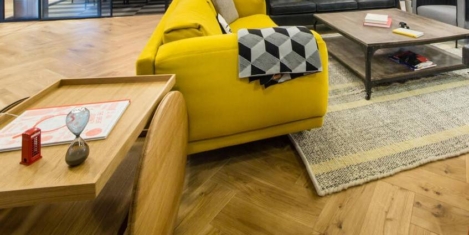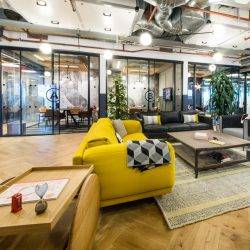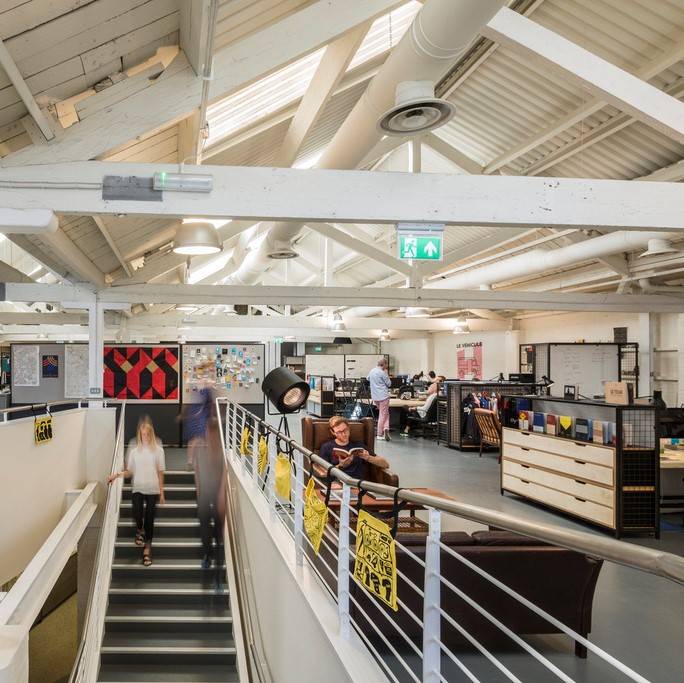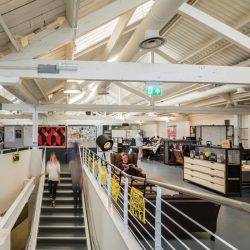March 6, 2018
How to reboot an activity based working project that has ground to a halt
 We moved and then nothing happened, is one of the typical problems while evaluating the ups and downs of an activity based working (ABW) journey. The key to success is to kick off and re-start a change that has stopped. A second problem is that the layout of the office not quite meets up to expectations and needs, and a third is that too few feel engagement. It doesn’t necessary work badly, but something itches. What and how to do then? Clearly showing to those in charge what is not working or not has been carried out as it was meant, and showing the arisen consequences due to that, is one of the things that must be done to enable a re-start. But that will not be enough. (more…)
We moved and then nothing happened, is one of the typical problems while evaluating the ups and downs of an activity based working (ABW) journey. The key to success is to kick off and re-start a change that has stopped. A second problem is that the layout of the office not quite meets up to expectations and needs, and a third is that too few feel engagement. It doesn’t necessary work badly, but something itches. What and how to do then? Clearly showing to those in charge what is not working or not has been carried out as it was meant, and showing the arisen consequences due to that, is one of the things that must be done to enable a re-start. But that will not be enough. (more…)





































March 8, 2018
Data, AI and the commercial property sector – what’s the connection?
by Nick Riesel • Comment, Property, Technology
(more…)